About
Thirst is officially recognised for being awesome!
We’ve been certified as a a Great Place to Work® for 4 years in a row and in 2024 have also been named the 6th Best Workplace in Australia (micro category - under 30 employees)
We truly believe that our people are our greatest asset. This recognition is affirmation that great work is the product of a great culture. We have an unwavering focus on trust, collaboration, and continuous learning. We all have each other’s back and build each other up so we can all achieve together.
We operate with the same philosophy: a happy team is the cornerstone of happy clients. It’s our amazing people, working together, that lets us achieve such success year after year.
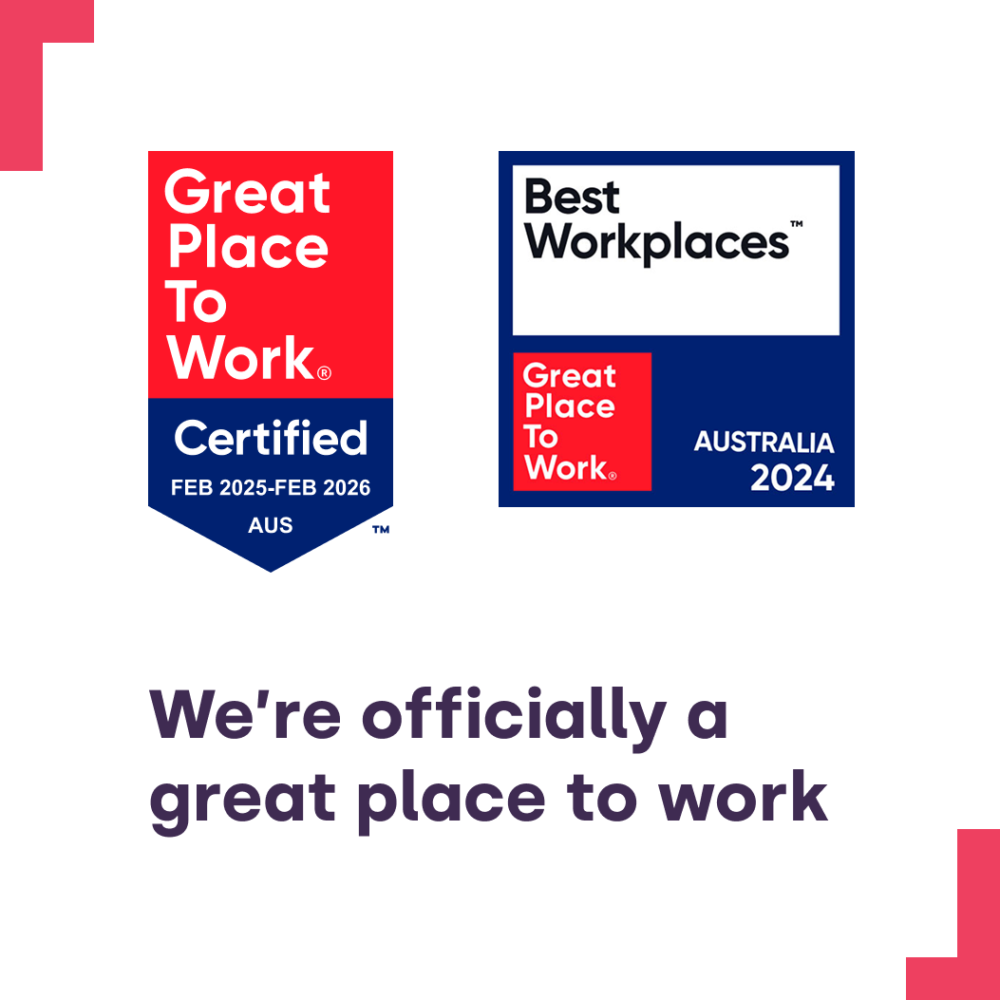
Creative that connects
At Thirst Creative, we see connection as the core of everything. It's what colours every interaction, forging strong, lasting relationships.
As an independent creative and branding agency based in Melbourne, we're dedicated to linking companies with their customers and brands with the wider world.
Our team—strategists, storytellers, designers, developers, and dreamers—thirsts for big ideas and brilliant solutions.
Passionate about your purpose, we're here to create meaningful, magical, and valuable experiences at every step.
Let’s craft impactful work together.
Connect with Thirst Creative.
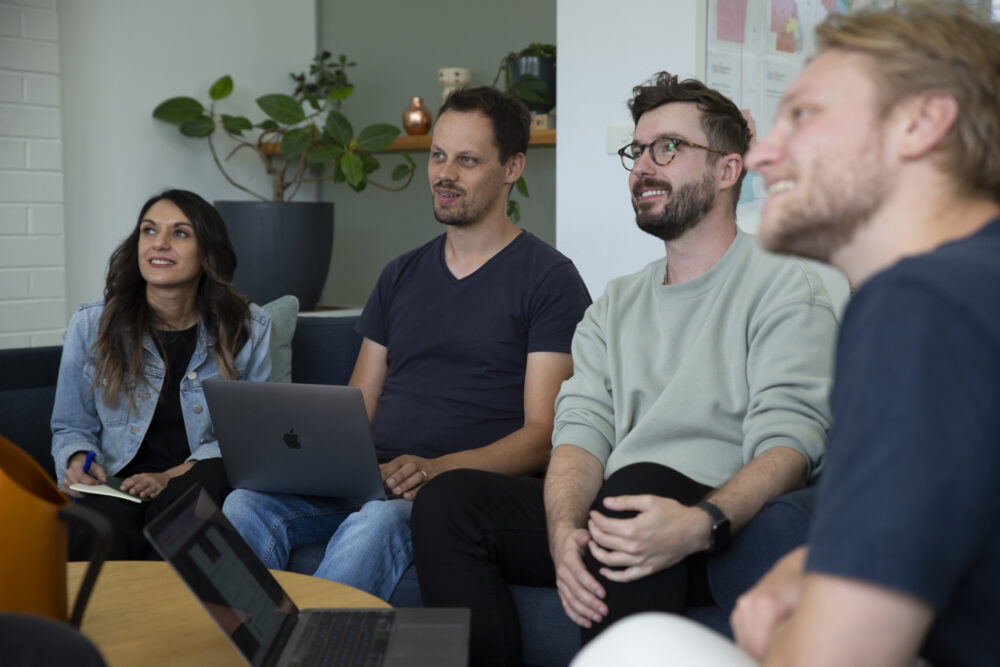
Meet the team
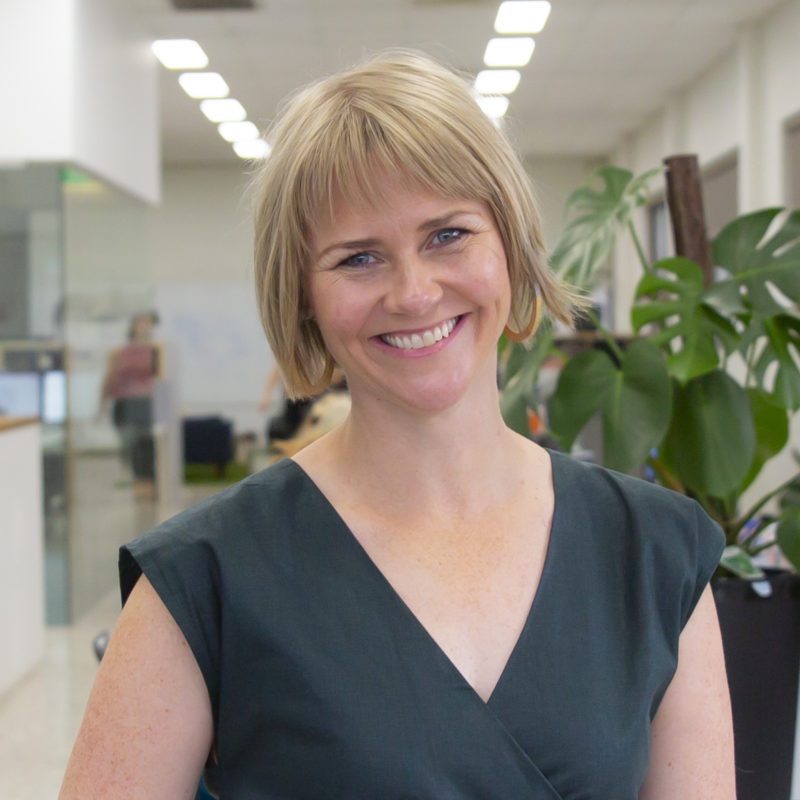
Angela Harbinson
Co-Founder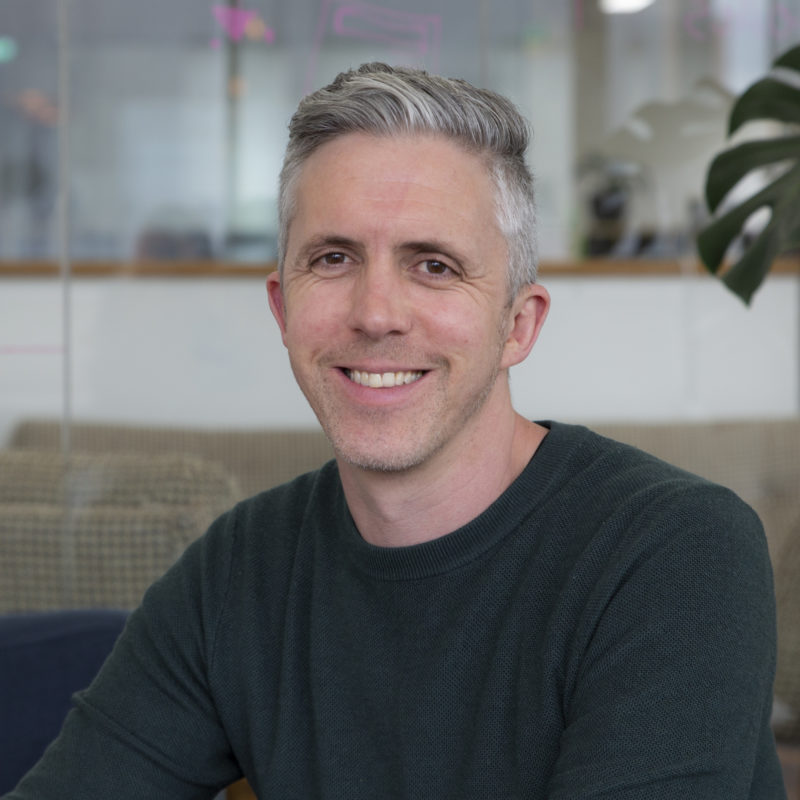
Ben Harbinson
Head of Creative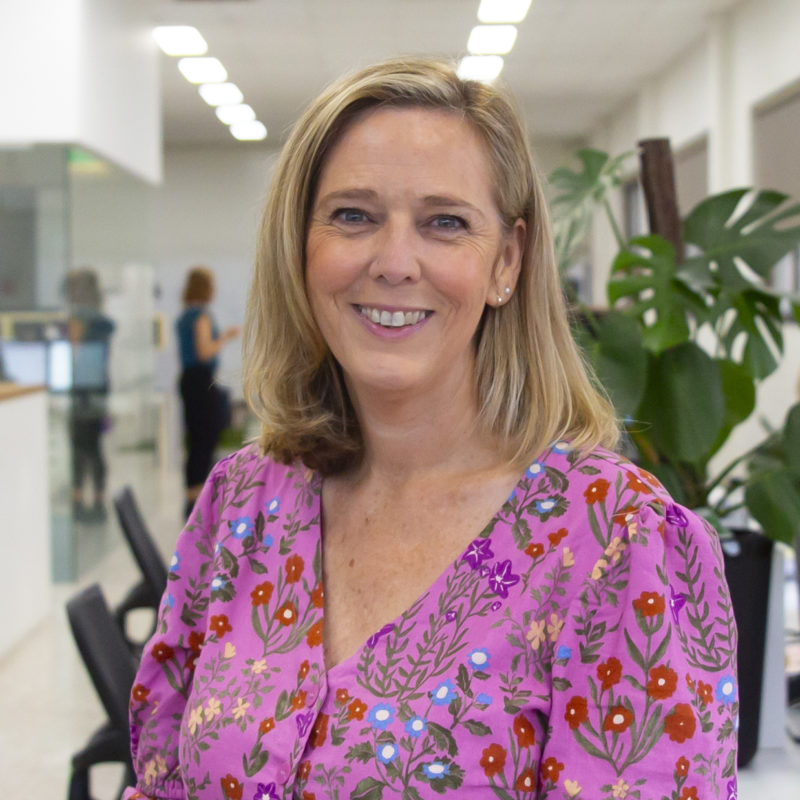
Michelle Jones
People and Operations Director
Brett Horan
UI Designer & Front-end developer
Jess Gunawardana
Digital Designer & Producer
Simon Derham
Creative Director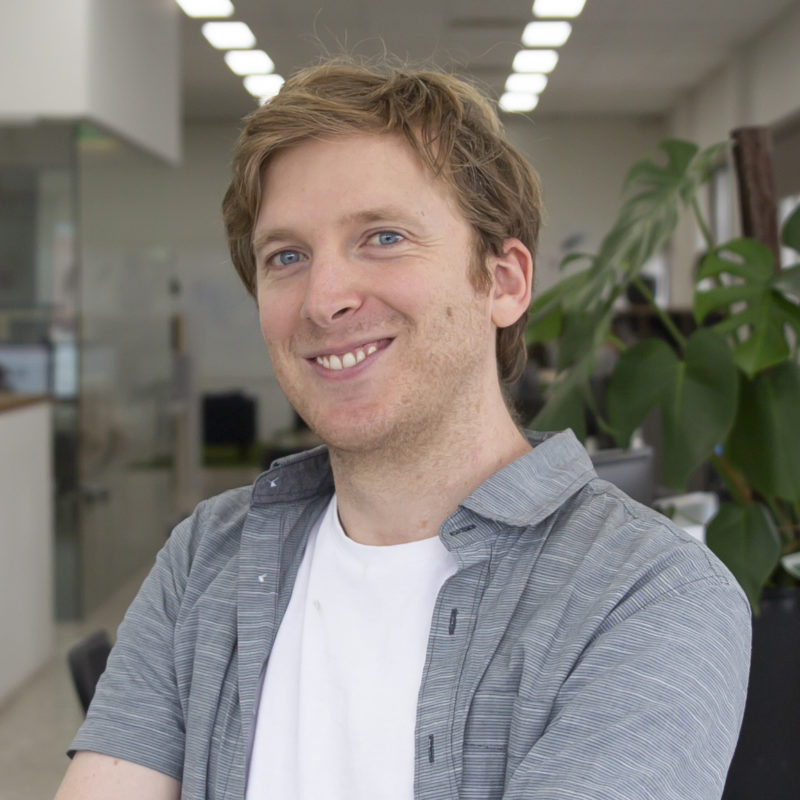
Anthony Dillon
Creative Lead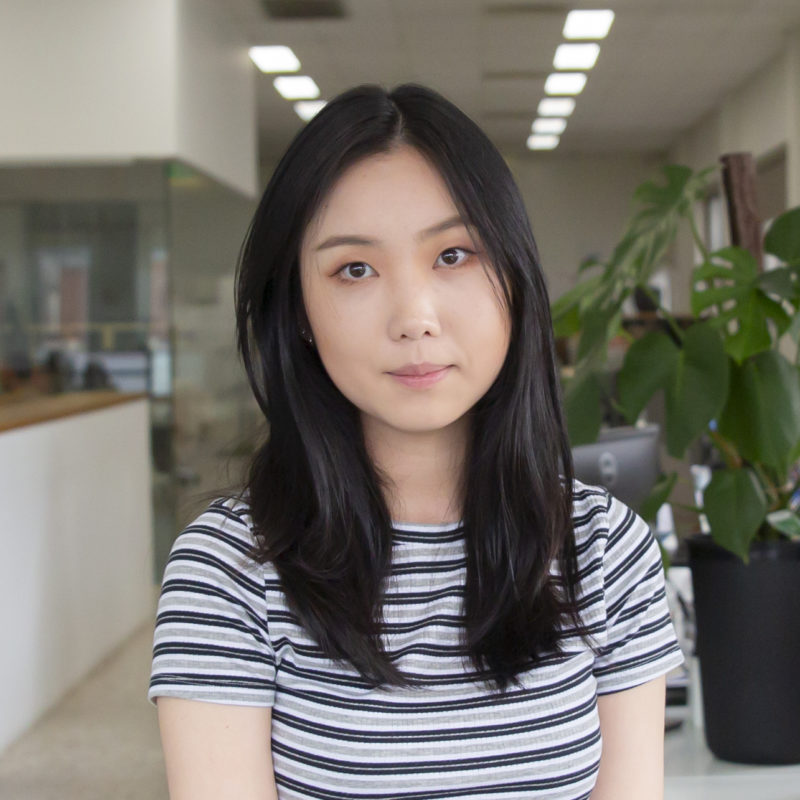
Mollie Liu
Senior Graphic Designer
Shannon Juvan
Senior Graphic Designer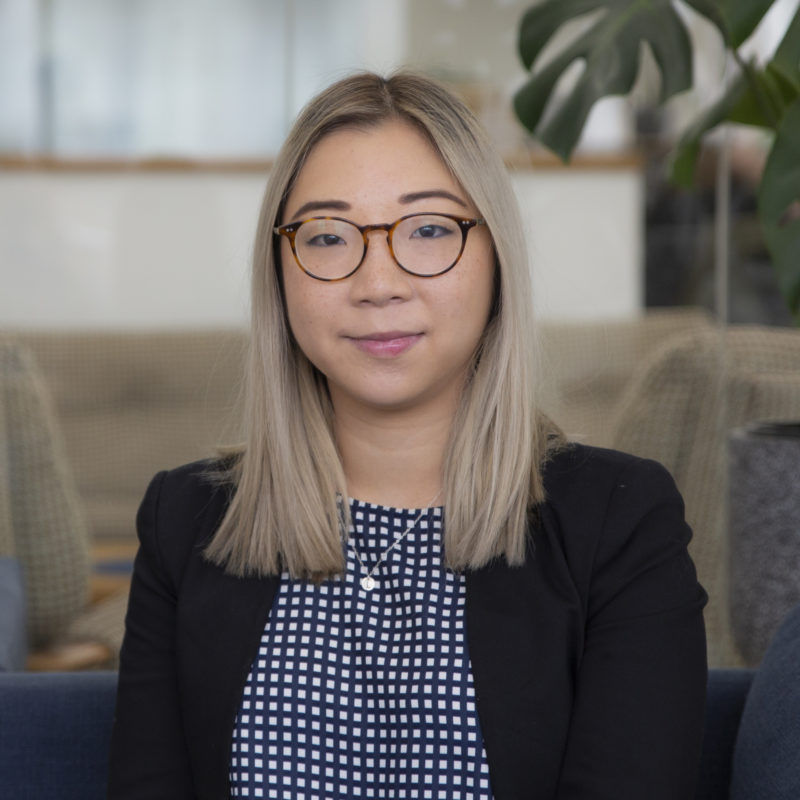
Louisa Li
Account Director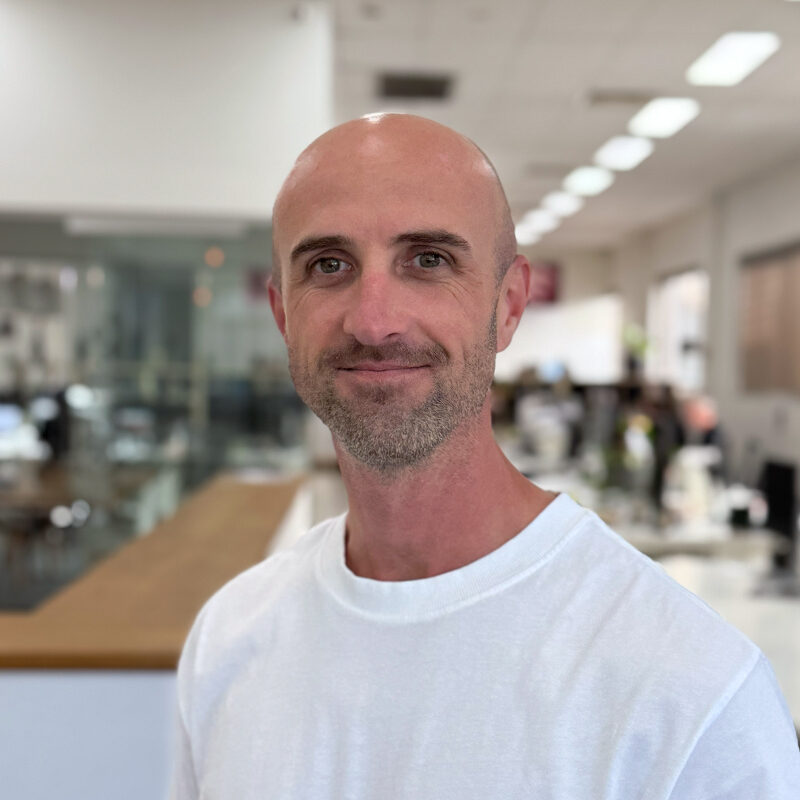
Matt Hinck
Head of Digital
Tom Lowe
Digital Marketing Lead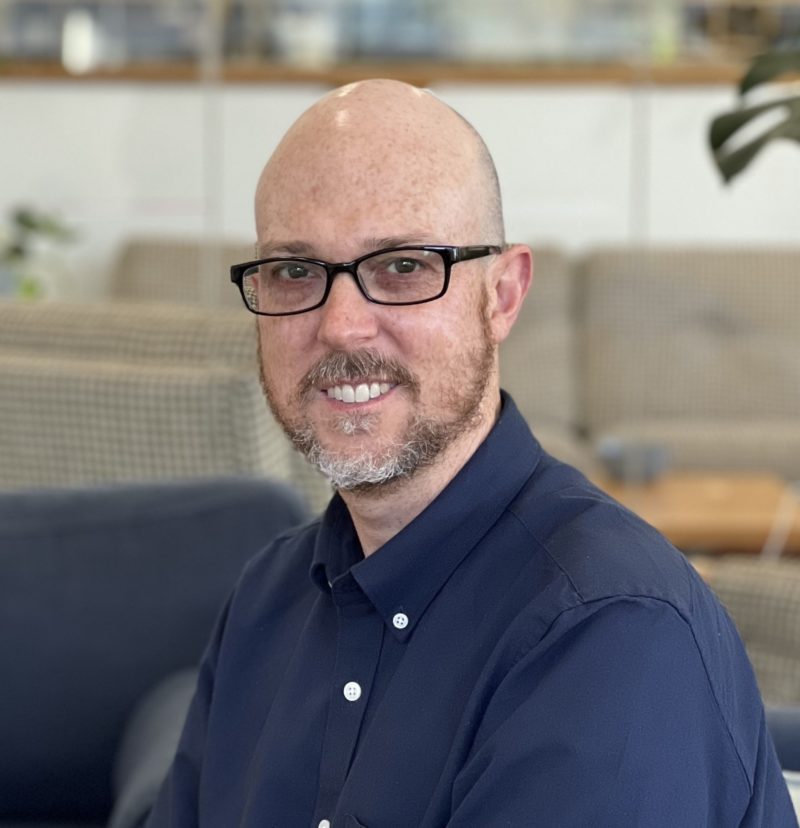
Damien Stanyer
Design Director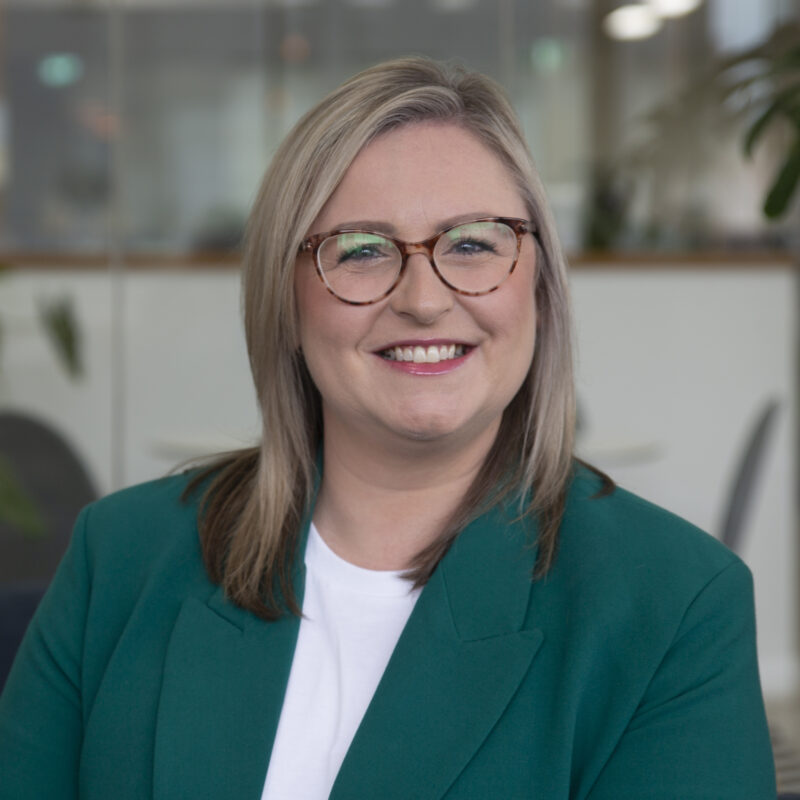
Donna Sutherland
Senior Account Manager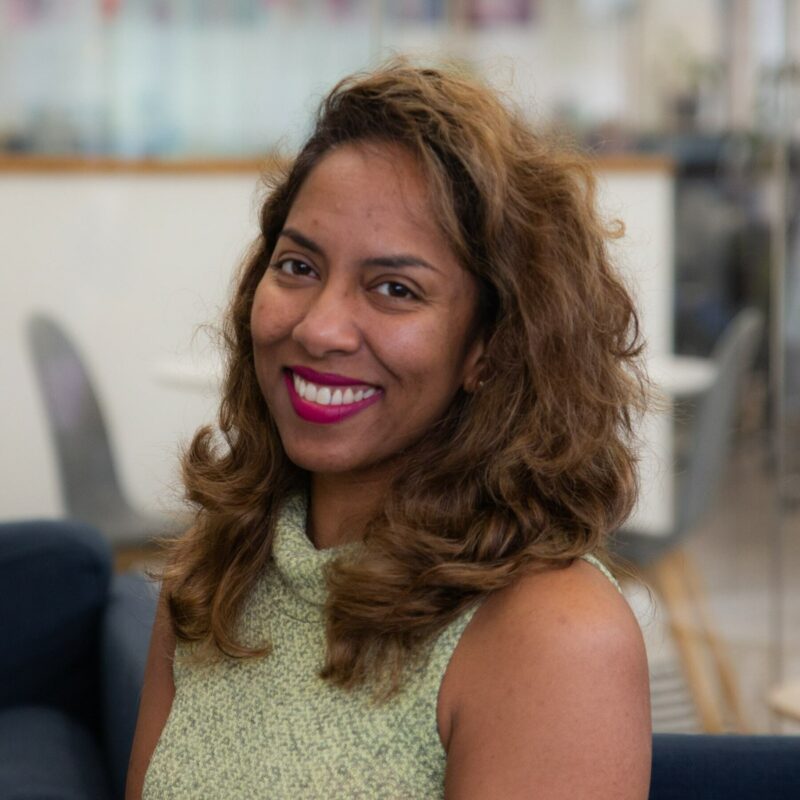
Lakshi Withanage
Assistant Accountant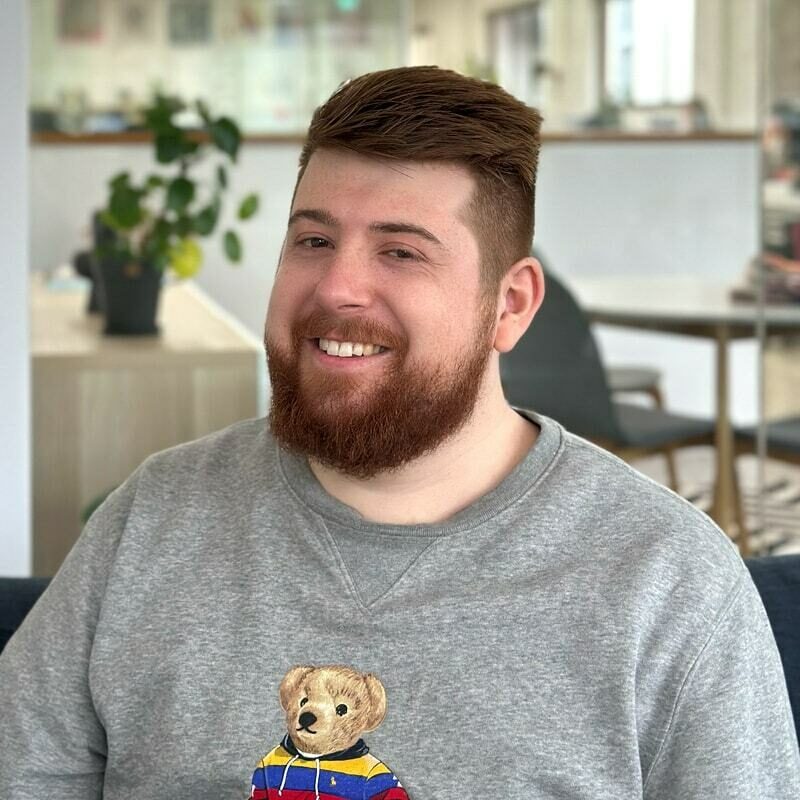
Mathew Norman
Full Stack Developer